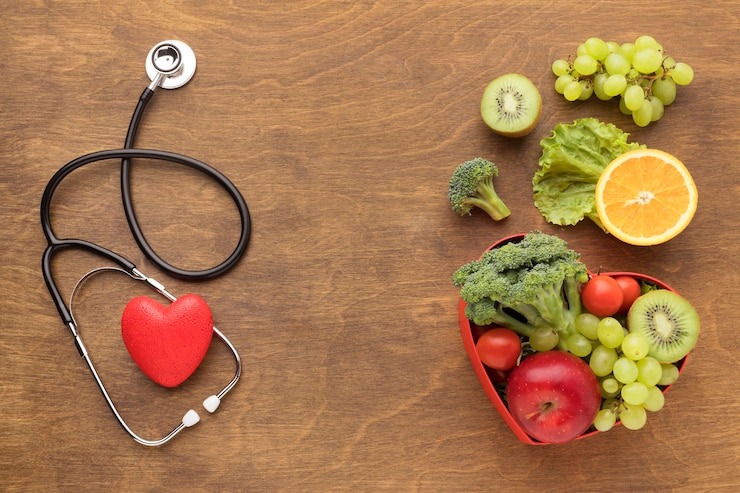Hypercholesterolemia Management
Hypercholesterolemia Management

Treatment Range Hospital in Hyderabad provides expert diagnosis and long-term management for hypercholesterolemia, a condition characterized by high levels of cholesterol in the blood that can increase the risk of heart attack, stroke, and other cardiovascular diseases. Our experienced team of cardiologists and internal medicine specialists offers personalized treatment plans to help patients effectively control their cholesterol levels and improve overall heart health.
Our comprehensive hypercholesterolemia treatment approach includes lifestyle counseling, dietary modifications, physical activity planning, and medication such as statins, cholesterol absorption inhibitors, and PCSK9 inhibitors when necessary. We use advanced lipid profile testing, regular monitoring, and risk assessment tools to guide each patient’s therapy and ensure sustainable results. Our goal is to reduce LDL (bad cholesterol), increase HDL (good cholesterol), and protect against long-term cardiovascular risk.
If you’re looking for reliable hypercholesterolemia treatment in Hyderabad, Treatment Range Hospital is a trusted destination for preventive heart care. With evidence-based practices, patient-focused education, and dedicated support, we help individuals manage high cholesterol and live healthier, longer lives.
- Your 6 - Phase health Process
Your Complete Hypercholesterolemia Management Journey
🔍 Phase 1: Identification & Diagnosis
- High cholesterol often has no symptoms
- Detected through a simple blood test (lipid profile)
- Early detection helps prevent heart disease
- Regular screening is important, especially with a family history
🥗 Phase 2: Lifestyle Changes
- Eat a heart-healthy diet (low in saturated fats and cholesterol)
- Increase fruits, vegetables, whole grains, and fiber
- Avoid fried foods, red meats, and sugary snacks
- Drink plenty of water and avoid sugary drinks
- Reduce salt and processed foods
🏃Phase 3: Physical Activity
- Aim for at least 30 minutes of exercise most days
- Walking, cycling, swimming, or yoga are great choices
- Helps raise HDL (good) and lower LDL (bad) cholesterol
- Also supports healthy weight and blood pressure
- Always start slowly and build up
💊 Phase 4: Medication
- Statins are commonly used to lower LDL cholesterol
- Other medicines may include ezetimibe or PCSK9 inhibitors
- Medication is usually added if lifestyle changes aren’t enough
- Always take medications as prescribed
- Regular blood tests may be needed to monitor effects
📅 Phase 5: Regular Monitoring
- Monitor blood pressure, weight, and blood sugar
- Report any side effects from medications to your doctor
- Track lifestyle progress and set small goals
- Adjust plan if needed with your healthcare provider
- Check your cholesterol levels every 3–6 months or as advised
🛡️ Phase 6: Long-Term Prevention & Support
- Stay committed to a healthy lifestyle for lifelong heart health
- Involve family and friends for support
- Manage stress with relaxation techniques or hobbies
- Avoid smoking and limit alcohol
- Celebrate small wins and stay motivated
Insurance Support










- Why Choose Us
Why patients trust us with their care
- Patient Testimonials
Patient stories of care and recovery










- Frequently Asked Questions
Helping you understand Our healthcare
Hypercholesterolemia means you have high levels of cholesterol (a type of fat) in your blood. Too much cholesterol can lead to clogged arteries, increasing your risk of heart disease and stroke.
Eating foods high in saturated fats and trans fats
Lack of physical activity
Being overweight or obese
Genetics (family history of high cholesterol)
Smoking or excessive alcohol use
No, high cholesterol usually has no symptoms. That’s why it’s important to get regular blood tests to check your cholesterol levels.
Not always. Some people can manage cholesterol with lifestyle changes alone. However, if levels are very high or there are other risk factors (like heart disease), your doctor may recommend cholesterol-lowering medications like statins.
Fried foods
Fatty meats and processed meats
Full-fat dairy products
Baked goods made with butter or shortening
Foods with trans fats (check food labels)